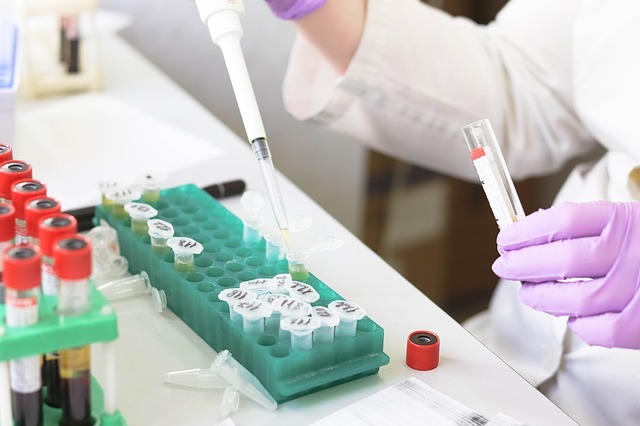
Swedish clinical stage biotechnology company Cantargia and the proprietary antibody technologies licensor BioWa have signed an agreement to extend the license for POTELLIGENT Technology.
Under the agreement, the technology developed by BioWa is used for the production of Cantargia’s antibody drug candidate CAN04, and provide extended rights for Cantargia to use the technology.
Cantargia CEO Göran Forsberg said: “We are extremely pleased with our collaboration with BioWa and the amended agreement is a logical step in our long-term relationship. Given the successful advances of CAN04, optimization of the production process to reduce cost is part of the CAN04 development plan.”
BioWa president and CEO Takeshi Masuda said: “We believe that this extension of the license agreement would add benefits into the fruitful collaboration between Cantargia and BioWa. We are very pleased that this amended agreement could support the innovative program going forward.”
The original agreement allowing use of POTELLIGENT Technology was signed in 2015
Cantargia develops antibody-based pharmaceuticals against the interleukin 1 receptor accessory protein (IL1RAP), and has advanced the phase II a clinical development of CAN04 for potential use in the treatment of non-small cell lung cancer (NSCLC) and pancreatic cancer (PDAC).
The technology generates antibodies with greater antibody dependent cellular cytotoxicity (ADCC), and the investigational antibody CAN04 is designed to bind IL1RAP through both ADCC and blockade of interleukin 1 signaling.
The company is currently producing CAN04 in a Chinese Hamster Ovary (CHO) cell line developed by BioWa, designed using POTELLIGENT Technology.
The agreement is set to enable Cantargia to create and use additional CHO cell lines engineered using POTELLIGENT Technology and develop and commercialize CAN04 made through such CHO cell line.
Furthermore, the CAN04 has reached phase II a clinical development, and as part of the next step in the production, the companies intend to further reduce the costs through process improvements and scaling up, and have agreed to extend the current license including additional opportunities.


